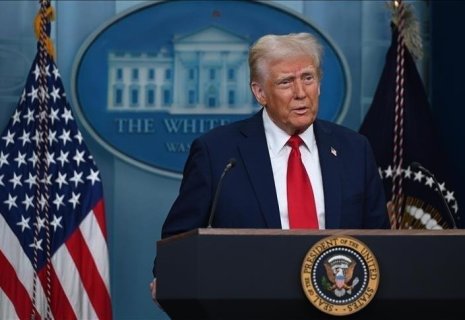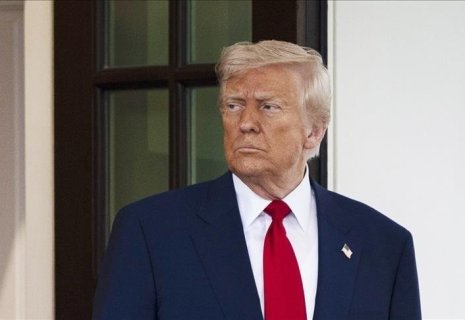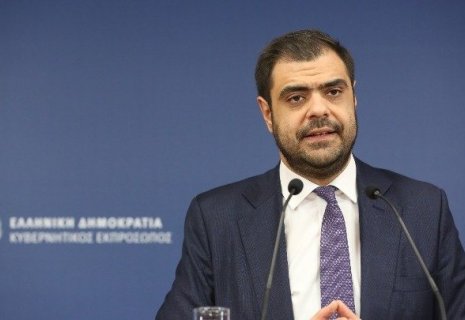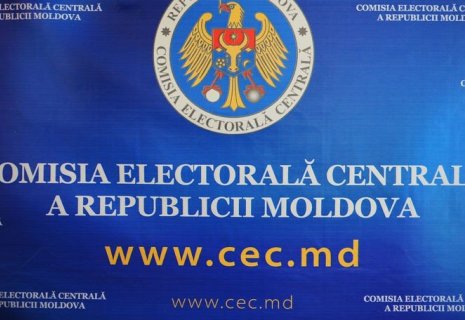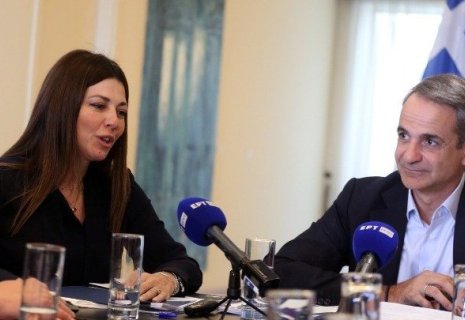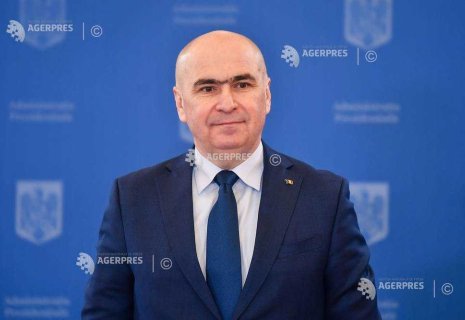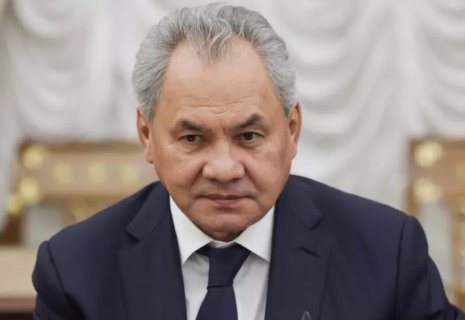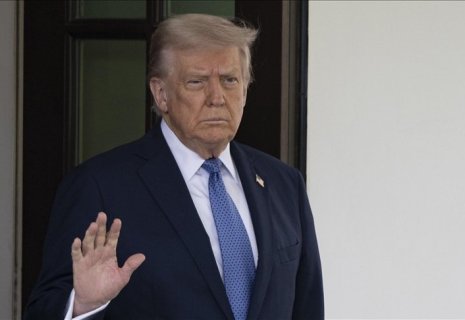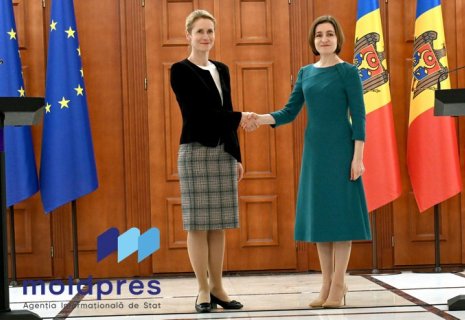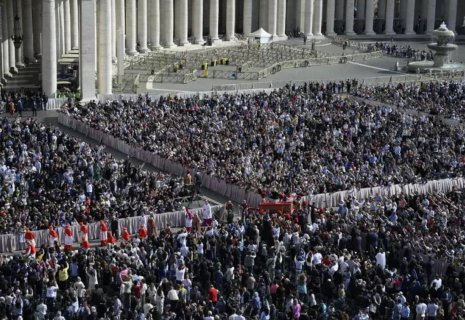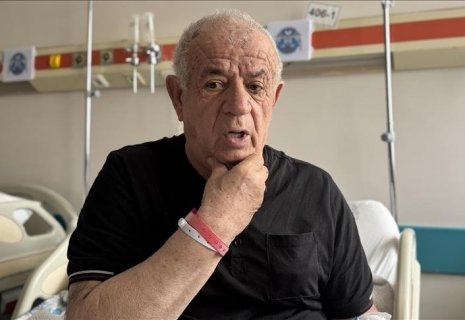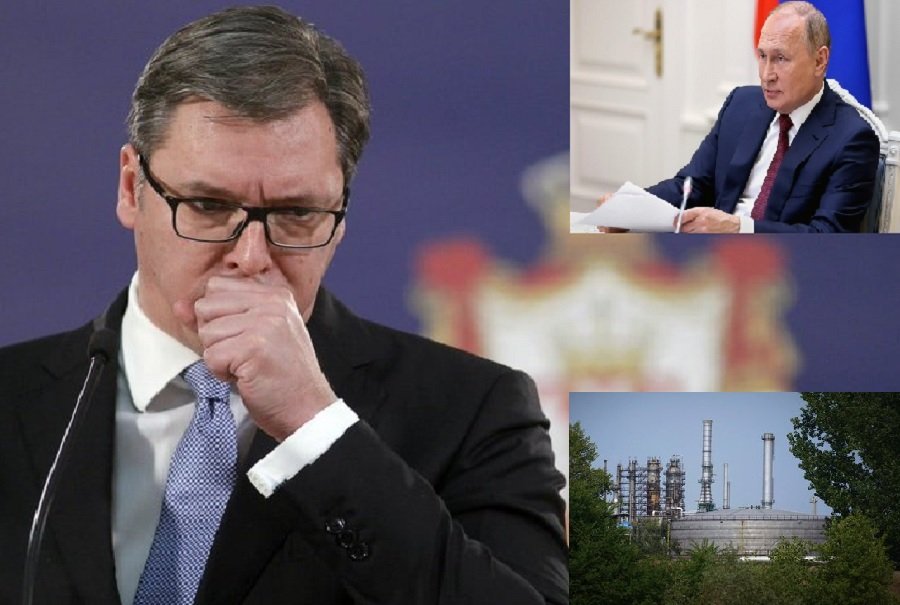
Vučić responds to U.S. sanctions on Serbian oil industry
Serbia's President Aleksandar Vučić has responded after the United States imposed sanctions on Serbia's oil industry, stating that he will have a conversation with his strategic ally, Russian President Vladimir Putin, CE Report quotes Kosova Press.
He mentioned that Serbia is being asked to completely withdraw Russian interests and NIS.
“These are the harshest sanctions, and we expect the Russian capital to be withdrawn by February 25,” Vučić said, adding that Serbia will respond responsibly and seriously and will not rush into making wrong decisions.
Vučić described the sanctions as a "comprehensive attack" on Russian companies and their affiliated businesses. He also stated that he will ask the upcoming U.S. administration to reconsider this decision.
“We will see if we can obtain some mitigating circumstances regarding the decisions that have already been made,” he said.
Vučić emphasized that Serbia is not an enemy state to Russia and does not want to engage in any hostile takeover of others' property, so he will first speak with Russian President Putin.
The Serbian President noted that these are very harsh sanctions with two legal bases – one from 2014 and another from 2020, from the administrations of Barack Obama and Joseph Biden.
“These are the harshest sanctions targeting a company in Serbia and demanding the complete withdrawal of Russian capital and interests from NIS. The company will still be able to operate normally, but we must immediately begin the plan for ownership transformation, which must be approved by the U.S. The plan has 45 days to complete all operations, ending by February 25. By then, we need to finalize everything with Russia, and we have until March 10 to extend financial transactions, but this too must be approved by the U.S. Treasury Department,” he said.
The United States has recently imposed some of the toughest sanctions on Russia's oil industry so far, including on NIS. The sanctions were applied against 180 vessels, dozens of traders, two major oil companies, and several leaders in the Russian oil sector, the document stated.

